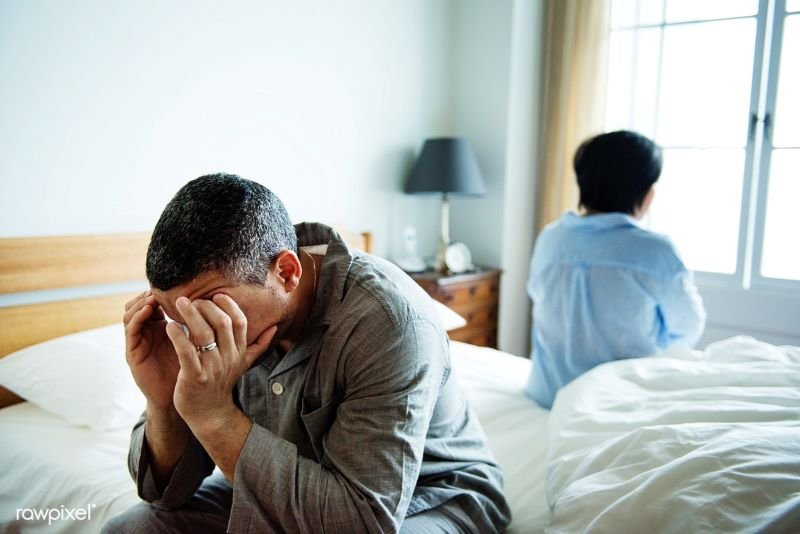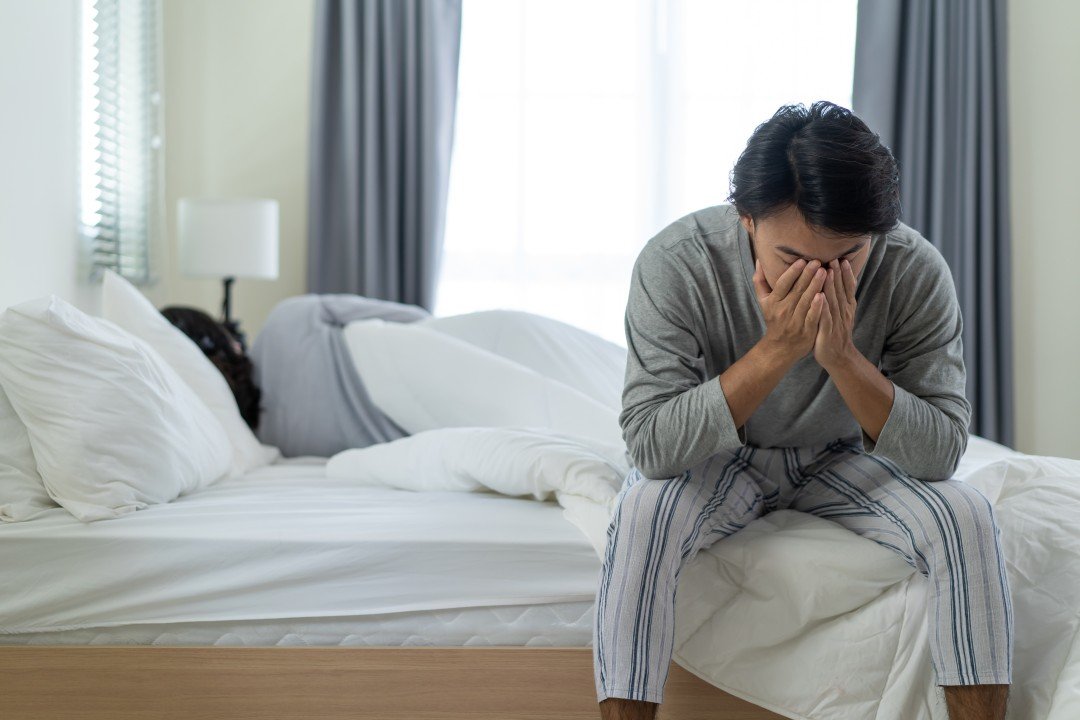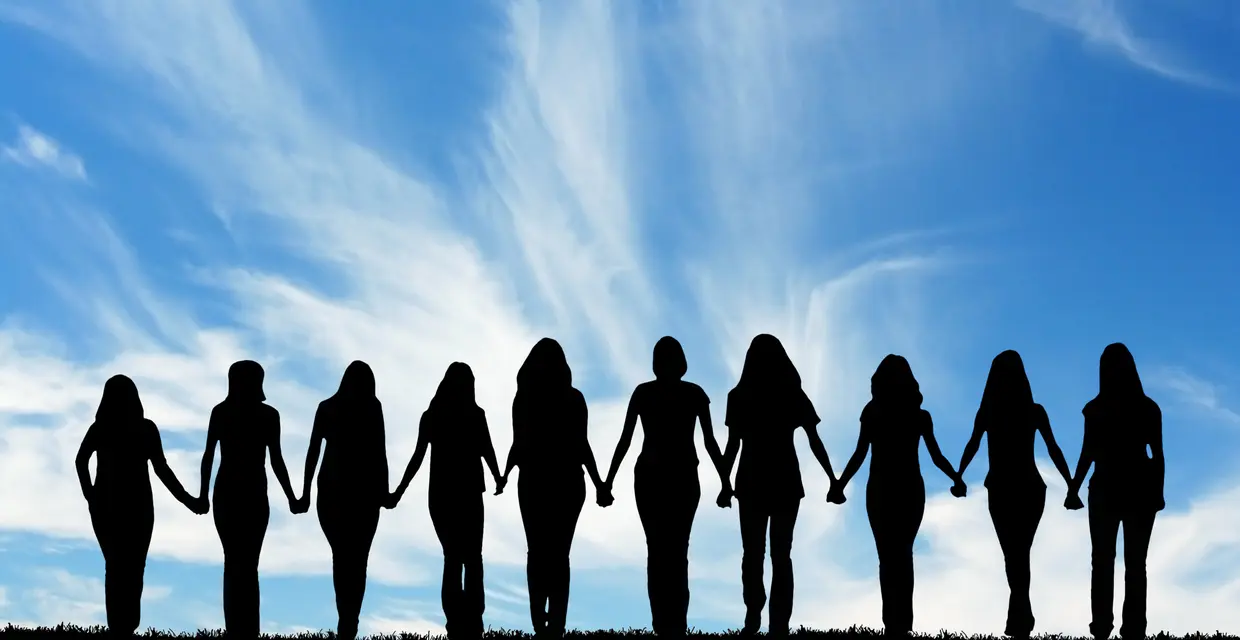Supporting male survivors of domestic abuse is essential to ensuring they receive the care and validation they need. While domestic abuse is often associated with female victims, many men face abuse but may hesitate to seek help due to stigma and societal expectations. By creating an inclusive environment and offering tailored support, we can help male survivors heal and rebuild their lives. In this article, we’ll outline strategies for providing effective support to male survivors of domestic abuse.
Understanding the Challenges Male Survivors Face
Male survivors of domestic abuse often encounter unique challenges. Society sometimes dismisses the idea that men can be victims of abuse, making it difficult for them to speak out. Shame, fear of not being believed, and concerns about masculinity can further silence survivors. Recognizing these barriers is the first step in supporting male survivors of domestic abuse.

Providing a Safe Space to Share
Creating a safe and nonjudgmental space is crucial. Male survivors may feel hesitant to open up about their experiences due to fear of ridicule or disbelief. Listening without judgment and validating their feelings helps build trust. It’s important to let them share at their own pace and assure them that their experiences are real and valid.
Offering Emotional Support
Emotional support plays a vital role in helping male survivors of domestic abuse. Letting them know they are not alone and that their feelings are valid can ease their emotional burden. Encouraging them to talk to trusted friends, family, or support groups can provide a sense of community and understanding.
Connecting Survivors with Resources
Many resources are available to support male survivors of domestic abuse, including helplines, counseling services, and support groups. Directing them to organizations that specialize in helping male victims can provide tailored assistance. Sharing information about hotlines, such as the National Domestic Violence Hotline, ensures they know where to turn for help.
Challenging Stigma and Stereotypes
To support male survivors effectively, we must challenge societal stereotypes that portray men as always strong and invulnerable. Educating the public about the realities of abuse and the fact that it can happen to anyone, regardless of gender, is vital. When we challenge these stereotypes, we create a culture that encourages male survivors to seek help without fear of judgment.
Encouraging Professional Counseling
Professional counseling can be transformative for male survivors. Therapists trained in trauma can help survivors process their experiences and work toward healing. Encouraging male survivors to seek therapy can give them the tools to rebuild their lives and regain confidence. Letting them know it’s okay to seek help is important.
Recognizing Signs of Abuse
Recognizing the signs of abuse is crucial when supporting male survivors. These signs can include physical injuries, emotional withdrawal, and changes in behavior. Paying attention to these cues can help identify when someone is in need and open the door for offering support.
Involving Legal and Financial Resources
Male survivors may face legal and financial challenges as they try to escape abusive situations. Connecting them with legal aid services can help with issues like restraining orders or custody disputes. Financial resources, such as housing assistance, can also provide stability during a difficult time.
Promoting Peer Support Groups
Peer support groups are powerful tools for male survivors of domestic abuse. These groups allow individuals to connect with others who have faced similar experiences. Sharing stories and learning from each other fosters a sense of belonging and reduces feelings of isolation.
Advocating for Broader Awareness
Raising awareness about male survivors of domestic abuse is an ongoing effort. Sharing stories, supporting campaigns, and advocating for inclusive policies ensure that male survivors receive the recognition and support they deserve. Greater awareness reduces stigma and encourages more men to come forward.
Conclusion
Supporting male survivors of domestic abuse requires empathy, understanding, and action. By addressing their unique challenges, providing access to resources, and challenging societal stereotypes, we can create a supportive environment where male survivors feel empowered to seek help. Everyone deserves safety and healing, regardless of gender, and taking these steps ensures that no survivor is left behind.




